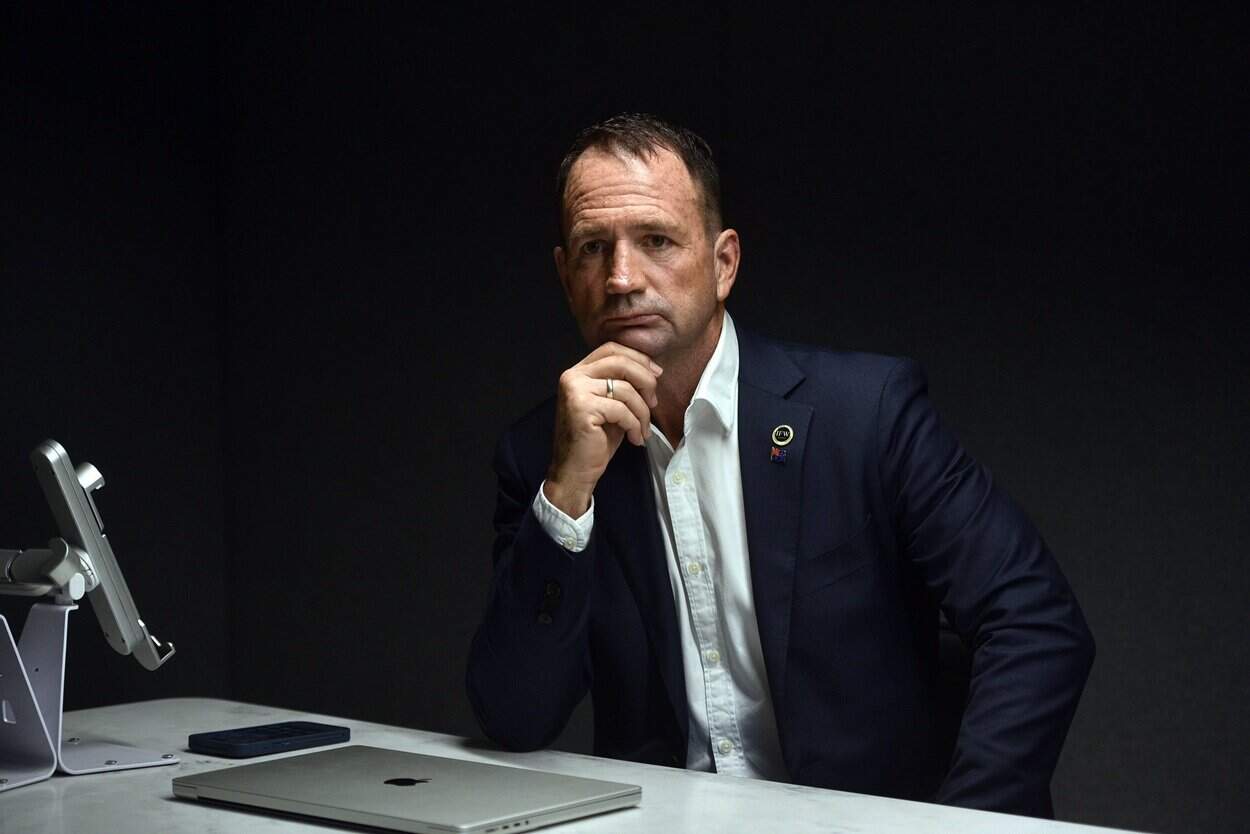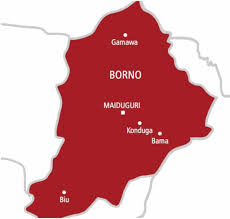
South Africa has become one of the world’s easiest targets for cybercriminals and law enforcement locally and globally is nowhere near ready for the scale of the threat, says Australian-based cybercrime investigator Ken Gamble.
Gamble, chair of investigation firm IFW Global, has spent the past four decades fighting cybercrime. He spoke at a law enforcement side meeting to the B20 prelude to G20 summit in Johannesburg.
Much of that time has been spent tracking organised crime syndicates across the world.
Cybercriminal call centres in South Africa exploit citizens daily
He said foreign criminal groups that originate primarily in Nigeria, China, Israel and Britain, as well as smaller pockets elsewhere, have also set up substantial operations in South Africa, running call centres disguised as legitimate businesses.
“We know where they are and who they are,” he said.
“Some of these syndicates have been here for more than a decade and have never been investigated. They build strong security infrastructure around themselves and they operate undetected.”
ALSO READ: SA data breaches surge 40% as regulator warns of cybersecurity shortfalls
He added there are locally formed syndicates that are just as active as organisations with international principals.
“There are South African-run groups recruiting workers from other countries to staff call centres and scam compounds,” Gamble said.
“They’re in Johannesburg, Cape Town, all over the country.”
SA most targeted country in Africa
He said South Africa is the most targeted country in Africa. This both from a criminal and victim perspective.
“It’s advanced in many ways, but with cyber security it’s still very behind many developed markets. Criminals know there’s money here and they know people are vulnerable.”
The country’s data environment is an open buffet for criminals, Gamble said.
ALSO READ: Cyber Month: Scammers ‘hacking kindness’ – AI and ubuntu used for fraud
Reports of data breaches at credit verification firms, banks and governments has seen personal information traded on the black market. Information is also skimmed from social media and any other public platform where information is shared by people.
“There are call centres whose only job is to mine data every day,” he said.
“They sell 10 000 leads for a dollar a lead. If it’s investor-grade high-income earners, it’s $10. The information is out there and it’s being used to target South Africans.”
Cybercriminals do not just enrich themselves
Gamble said cybercriminals do not just enrich themselves. Scams have become a major funding source for global terrorism and organised crime.
“We had direct evidence that money stolen from victims, including South Africans, went to digital wallets linked to groups like Hezbollah and Hamas,” he said.
“Billions have gone to Chinese mafia groups in Asia. These syndicates used to deal drugs. Now they run scams because it’s lowrisk and highly profitable.”
ALSO READ: Warning to small businesses ahead of festive season and Black Friday
Cyberattacks, phishing, ransomware and investment scams remain the most common threats. Governments, he said, have been slow to respond.
“They are not up to speed with how cybercrime has developed,” he said.
“There are not enough resources, skills or expertise. And law enforcement globally has admitted it cannot fight this crime alone.”
Dangerous tipping point
He said the world is approaching a dangerous tipping point.
“If organised criminal groups become stronger than law enforcement, that’s a global security threat. And we’re getting very close,” he said.
“South Africans should assume they are being targeted every day. This is a war no country can afford to ignore.”
ALSO READ: Wits University hit by cyber attack
Gamble said public awareness is South Africa’s most urgent line of defence.
“There should be adverts on TV every night. Media is the number one enemy of criminals. If people understand what to look out for, the scam numbers will drop.”



